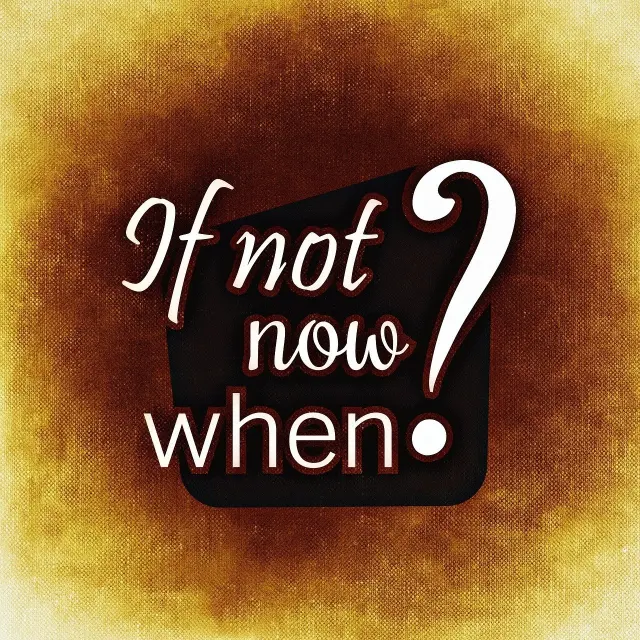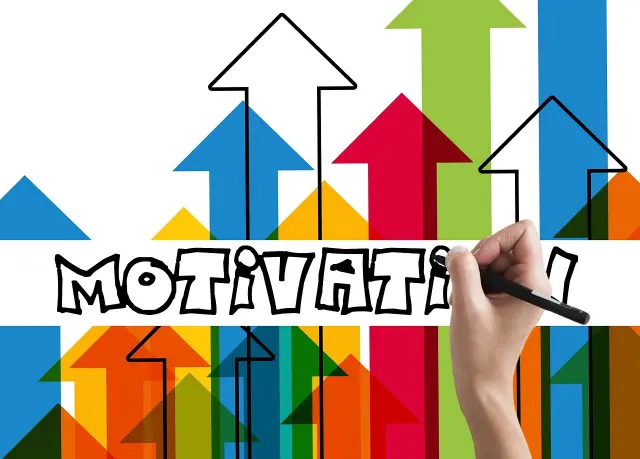The Benefits of Executive Coaching: Why Invest in Leadership Development?
The executive coaching is becoming increasingly popular in the corporate world, and with good reason. In the face of the ever-changing and increasingly complex challenges of the business world, it is vital for leaders to have the tools and skills to navigate this landscape effectively. Executive coaching offers a range of benefits that help leaders to develop personally and professionally, and to drive the success of the business.
What is Executive Coaching?
The executive coaching is a personalised development process, which aims to support managers in managing their professional challenges and developing their leadership skills. Executive coaches are usually experienced professionals who use a variety of techniques to help leaders better understand themselves, define their goals and develop strategies to achieve them.
Benefits of Executive Coaching
1. Increase performance
The executive coaching one of the most significant benefits is the improved performance of managers. Coaches help leaders identify and capitalise on their strengths and develop areas for improvement. As a result, leaders will be better able to perform their tasks, manage their teams more effectively and contribute to the achievement of the organisation's goals.
2. Better Decision Making
Through coaching, managers learn how to make better, more informed decisions. Coaches help leaders look at situations from different perspectives and ask questions that help leaders understand problems and possible solutions more deeply.
3. Increased Self-awareness and Emotional Intelligence
Az executive coaching jelentős mértékben hozzájárul az önismeret és az érzelmi intelligencia fejlesztéséhez. A coachok segítenek a vezetőknek jobban megérteni saját viselkedésüket, érzelmeiket és azok hatását másokra. Ez a tudatosság lehetővé teszi a vezetők számára, hogy jobban kezeljék saját reakcióikat és hatékonyabban kommunikáljanak másokkal.
4. More Effective Communication
A kommunikáció alap a vezetők számára. Az executive coaching során a vezetők megtanulják, hogyan kommunikáljanak világosan és meggyőzően, hogyan hallgassanak meg másokat, és hogyan adjanak és fogadjanak visszajelzést. Ezek a készségek elengedhetetlenek a csapatok motiválásához és a konfliktusok kezeléséhez.
5. Stress Management and Work-Life Balance
A vezetők gyakran magas stressz szinttel és jelentős munkahelyi terheléssel szembesülnek. A vezetői coaching segít a vezetőknek hatékony stresszkezelési technikákat elsajátítani és olyan stratégiákat kidolgozni, amelyek révén jobban egyensúlyozhatnak a munka és a magánéletet között. Ez nemcsak a vezetők személyes jóllétét javítja, hanem hosszú távon a munkahelyi teljesítményüket is.
6. Objective and Achievement
Executive coaching helps leaders set specific, measurable and achievable goals and develop strategies to achieve them. Coaches support leaders to monitor their progress and ensure that the goals set are aligned with the strategic objectives of the organisation.
7. Innovation and Creative Thinking
Executive coaches encourage leaders to think creatively and find innovative solutions to problems. Through the coaching process, managers learn how to apply their creative skills to their work, which in the long run helps to develop a culture of innovation in the organisation.
8. Conflict resolution
It is (also) important for managers to manage workplace conflicts effectively. Through executive coaching, managers discover and learn self-developed techniques to identify and resolve conflicts and improve team dynamics and the work environment.
9. Long-Term Development and Sustainability
Executive coaching not only brings short-term results, but also promotes long-term development. Executive coaches help leaders develop habits and practices that ensure sustainable development. This includes continuous learning, self-awareness and self-reflection, and regular updating of skills.
How the Executive Works Coaching?
* executive coaching is a structured process, usually consisting of the following steps:
- Initial Evaluation: The coach and the manager together identify development objectives and assess the current situation.
- Objective: Specific and measurable objectives are set to guide the coaching process.
- Developing an Action Plan: The executive coach and the manager work together to develop an action plan that is unique to the manager and therefore works, providing step-by-step guidance to achieve the goals.
- Regular Meetings: The manager and the executive coach meet regularly to monitor progress, discuss challenges and modify the action plan if necessary.
- Feedback and Rating: During the coaching process, the manager receives continuous feedback and evaluation, which helps self-reflection and monitoring of progress (Robert Rado) (AgilisCoach.hu).
The Impact of Executive Coaching on Organisations
The executive coaching not only benefits individual leaders, but also has a significant positive impact on organisations as a whole. Leaders developed by coaches are better able to manage change, motivate teams and achieve organisational goals. As a result, organisations can achieve better performance, higher levels of innovation and a better, more successful and more effective working environment for all.
So
Executive coaching is an effective tool to help leaders to in their personal and professional development. Az előnyök közé tartozik a teljesítmény növelése, a jobb döntéshozatal, az érzelmi intelligencia fejlesztése, a hatékonyabb kommunikáció, a stressz kezelése, a Objective és elérés, az innováció és a konfliktuskezelés. A coaching nemcsak az egyéni vezetők számára hasznos, hanem hozzájárul a szervezetek hosszú távú sikeréhez is. Executive coaching is an investment in the future, which pays off for managers and organisations alike.























